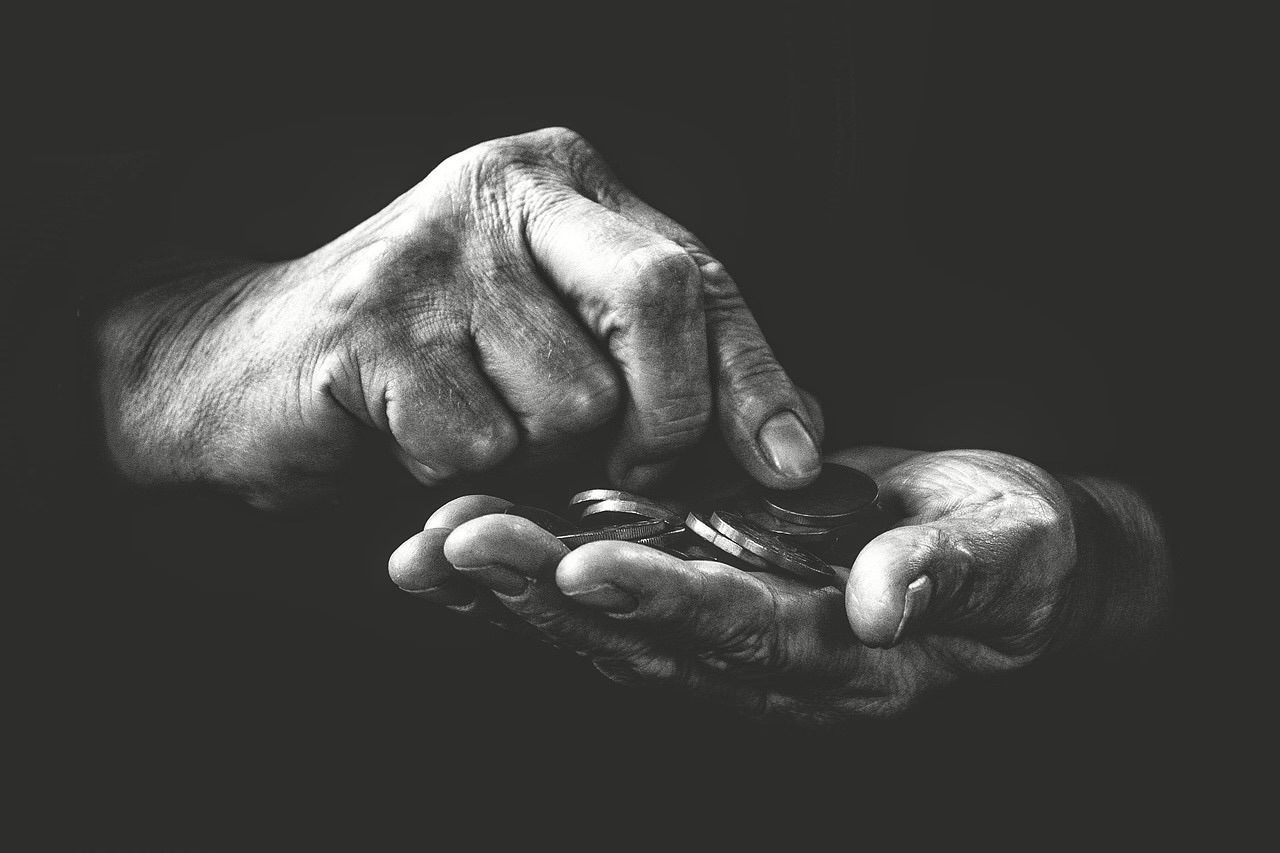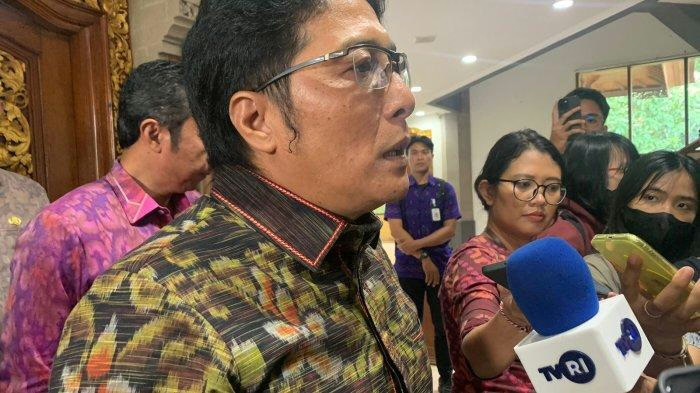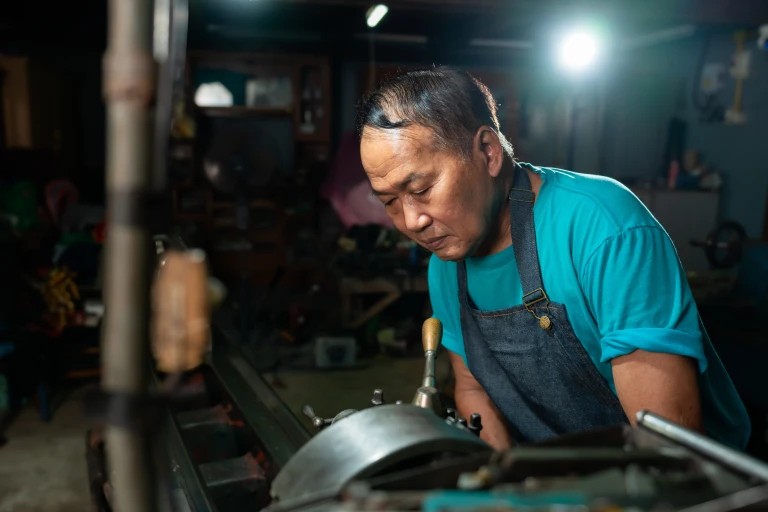The Bali government has introduced a new strategy to combat poverty.

According to the Statistics Agency, by September 2024, the proportion of residents below the poverty line has decreased to 3.8% (during the pandemic, it reached 9%). The Medium-Term Development Plan for 2025–2029 and the Regional Plan to Reduce Poverty include specific measures.
The main measure is the complete renovation of homes for families in dire need: 100 million rupiahs will be allocated per object. The program will start in 2026 and aims at a minimum of a thousand homes per year. According to Vice-Governor I Nyoman Giri Prasta, around 100 billion rupiahs from the provincial budget will be needed, excluding funds from districts and the private sector. Besides the renovations, families will receive food and other basic support.
All initiatives are built on six principles of sustainable development: economic growth, targeted assistance, job creation, cultural preservation, environmental protection, and rule of law.

Badung district contributes by renewing the program 'One Poor Family — One Graduate'. It funds university education for children from low-income families, helping break the cycle of poverty. Access is limited: applicants must be in the Integrated Social Welfare Database (DTKS) of the Ministry of Social Development, with strict poverty criteria — from earthen floors to lack of electricity. In prosperous Badung, many low-income families formally don't meet these requirements and lose support.
Local authorities are seeking solutions — including through private donations and additional regional budget funding, so that students who genuinely need help receive scholarships.
Sources: tribunnews, tribunnews


You can add one right now!